It is generally assumed that young children will become more confident speakers as they grow up and go to nursery and school. But for one group of children this is certainly not the case. According to the British charity SMiRA (Selective Mutism Information & Research Association), one child in 150 is likely to experience selective mutism. A recent survey estimates that 1.7 million children – almost one in five school-age children struggle to talk and understand words.
This is not a high incidence disability but the figures suggest that at any one time a school will have a child who cannot speak in certain situations. SMiRA describes Selective Mutism (SM) as ‘an anxiety-based mental health disorder, Those affected are able to speak freely in familiar circumstances such as with family in the home, but will remain consistently silent in others, perhaps exhibiting a blank expression or appearing ‘frozen’ when expected to speak.’
Research and support
The Selective Mutism Foundation in the USA believes Selectively Mute children have no related learning difficulties and will talk and respond well in settings where they are comfortable and that some are able to speak on the phone because the face-to-face eye contact is removed.
Looking through forums around the world, the first impression is that there is not much known about the condition and a desperate need to find a ‘cure’. However, as different organisations share research and examples, certain key piece of information are emerging.
We can now say with some confidence that it often starts between that ages of three and six, that mutism is not linked to speech/language deficits, abuse or emotional problems and that while the general figure is one in 150, it is three times as common in bilingual children.
In Israel, Ruth Perednik heads a treatment clinic for children with Selective Mutism. Like many involved in this field, her interest was sparked by personal experience. She had just moved from Argentina to Israel when her four year old son, stopped speaking in kindergarten. She found the work of Maggie Johnson and Alison Wintgens especially useful and set about treating her son, both at school and at home. She researched the incidence of SM in immigrant families for her PhD at The Hebrew University and found selective mutism was significantly higher in immigrants than in native families. She has developed a Selective Mutism treatment manual which has been published in English, and a Hebrew language treatment manual together with Professor Yoel Elitzur of the Hebrew University.
Research by Lorraine Carmody of the School of Clinical Speech & Language Studies at Trinity College, Dublin, Ireland identified three key factors predisposing, precipitating, perpetuating. Children have an increased risk of developing SM because of genetic factors or a family history of excessive anxiety. Separation, trauma, starting at nursery, experience of bullying may precipitate selective mutism but it is likely to persist if children become socially isolated or find that they can convey messages non-verbally and so do not need to use speech.
The need for early diagnosis
Without early intervention, Selective Mutism may persist into adulthood. Melanie, who lives in the UK, is a case in point. She just talked to one friend at nursery who the staff used as a go between. The problem persisted into school but when Melanie was 9 her mother saw a programme on Channel 4 called Help Me to Speak and recognised many of the characteristics so contacted the family doctor who referred Melanie to Child and Adolescent Mental Health Services (CAMHS) who formally diagnosed Selective Mutism.
Sadly, because Melanie was diagnosed late her behaviour had become entrenched and she experienced further mental health problems including self-harming and depression. ‘Her SM is still present,’ said her mother, ‘but she seems to be coping a lot better having left her secondary school and is now attending college.’
Selective mutism around the globe
This story is not unique. Generally, throughout the world SM remains under recognised and forums in India and South Africa feature parents’ experiences and worries. Many are looking for a quick solution, something which will help their children be at ease and be part of a group.
Brave Buddies is an intensive group behavioural therapy program in the USA that helps children with SM speak in school and other public settings. Using a simulated classroom, the program offers children a safe environment to practise ‘brave talking,’ perhaps talking on a phone to one person and then, with intensive support, building up to group talking. In some cases they offer drug treatments including antidepressants or selective serotonin reuptake inhibitors (SSRIs).
Some countries avoid medication. There is little research on the effect of these meds on young children and the long term effects or side-effects are unknown. Coming off anti-depressants sometimes results in another ‘downer’ which may exacerbate SM. SMiRA’s view is that although medication may be considered in order to relieve anxiety in older children/teenagers, it should always be used in conjunction with a programme of behavioural therapy to alleviate selective mutism.
Phil Thomason is father of three children. The eldest was diagnosed with selective mutism in 2007 after 5 years’ silence in school settings. He is the International Representative for SmiRA and has close links with European organisations such as Ouvrir La Voix in France and AIMuSE in Italy. SMIRA has been helping a group of Polish parents and there are also parent groups in Japan, Australia, New Zealand, Belgium, Germany, the Netherlands and Portugal.
He has been delighted by the preventative measures that are in place in Germany where the kindergarten has a planned step-by-step approach during those first few critical days in child care. The approach is known as the Berlin Model and is aimed at all children entering kindergarten. It helps identify those children who might react badly: ‘This approach was used with my two younger children in Germany. I only wish it had been used for my eldest in another country.’
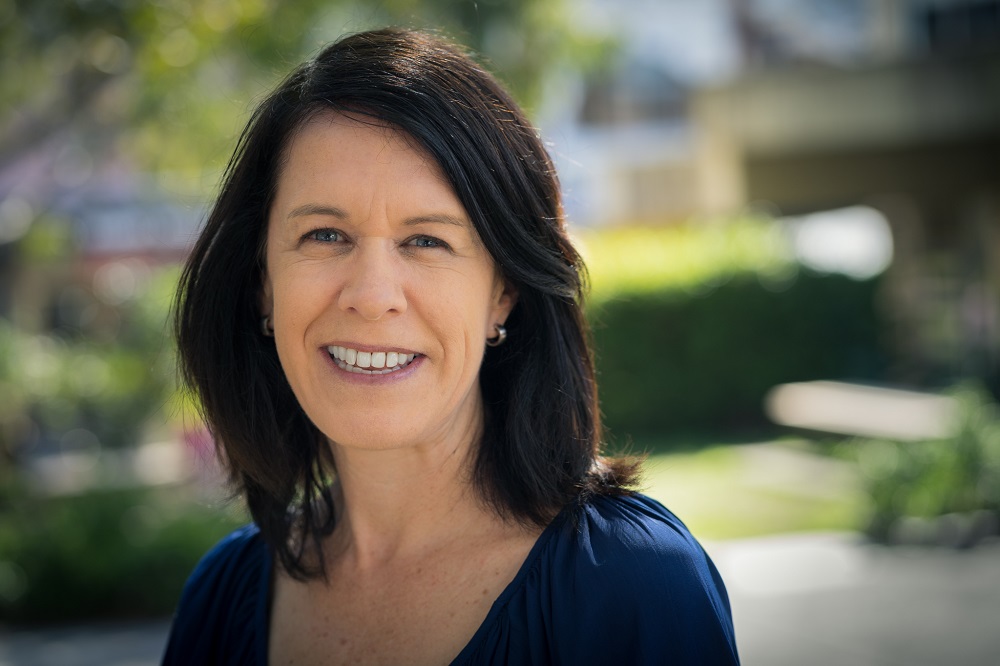
Dr Elizabeth Woodcock has the challenge of geography to content with. She set up the Selective Mutism Clinic in St Leonards in Sydney in 2006. The clinic offers a service to children in remote and rural areas, and provides telephone consultations to parents, instead of the usual face-to-face sessions with parents and children in the clinic.
They also provide training by phone for the classroom teacher every month. The techniques that will help the child to recover need to be practised many times each day and the parents and teachers are the ones spending time with the child. ‘The ‘school program’ is essential, as the child’s mutism is generally strongest in that environment.’
There are barriers: ‘The phone consultations that we provide to families are not currently covered by our government health rebates (unlike face-to-face consultations), so the expense is much greater for our remote families. Unfortunately, many families want or need to reduce the frequency of their sessions due to the ongoing costs, and this reduction in intensity usually means that treatment takes longer.’
Training is also difficult. The clinic runs seminars to train parents, kindergarten staff, school counsellors, learning support teachers and some speech pathologist. While there has been considerable interest in the training, not everyone can attend the seminars in person so they have been recorded and will be available on DVD in the next few months. See their website and Facebook pages for more information.
As well as behavioural support and drug therapies, technology has a role to play. Michael Jones is a speech and language expert and co-author of Supporting Quiet Children with Maggie Johnson.
Tech support
Choose and Tell from Inclusive Technology encourages children with learning disabilities to make choices and develop stories. The program is widely used in special education but is becoming increasingly popular for children learning English as an additional language.
There is anecdotal evidence that Clarocom text communicator is being used by teenagers. It has text to speech prediction and phrase banks ClaroCom and ClaroCom Pro are both available for iOS and there is also Clarocom Free which uses the iOS system voices.
However, the program most often mentioned in connection with Selective Mutism is proloquo2go which proved useful for 15 year old Ellie as her mother explains:
‘From the day she could talk she’s not used her voice to people outside of our immediate family. Ellie is mute at school, with family we don’t see much, if people she doesn’t know talk to her when we are out, any family friends, basically anyone she doesn’t see as secure and completely trustworthy.
Proloquo2Go has definitely been a learning curve for all involved with Ellie – us, her carer, school staff and friends. She needs full prompts, and an easy grid to use so there’s not a lot to press which helps reduce her anxiety levels. Also, I can see the history on how she has/hasn’t communicated in the day. Using the app has given Ellie an understanding that she has a voice, she can be listened to and has choices. This is still an ongoing exercise with Ellie and will be for a long time I think.’
A version of this article appeared in Special World in 2015

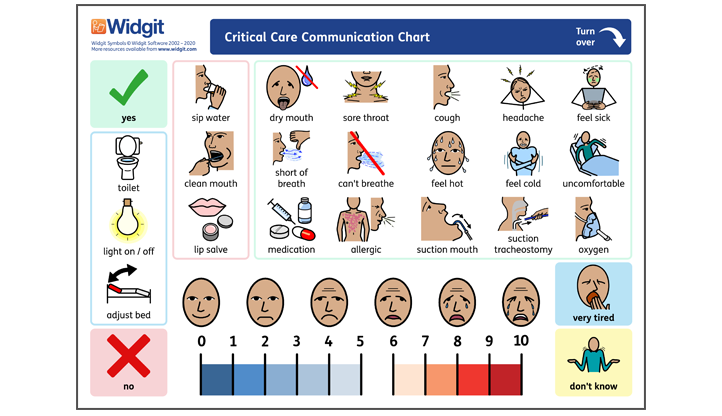
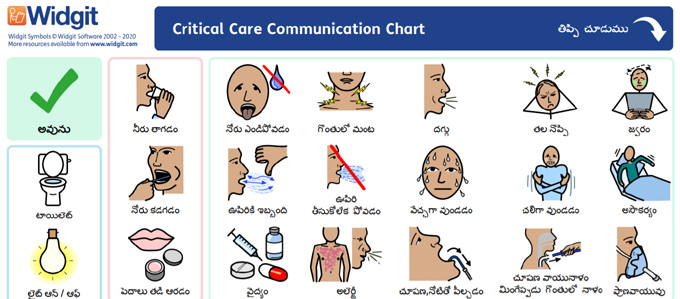

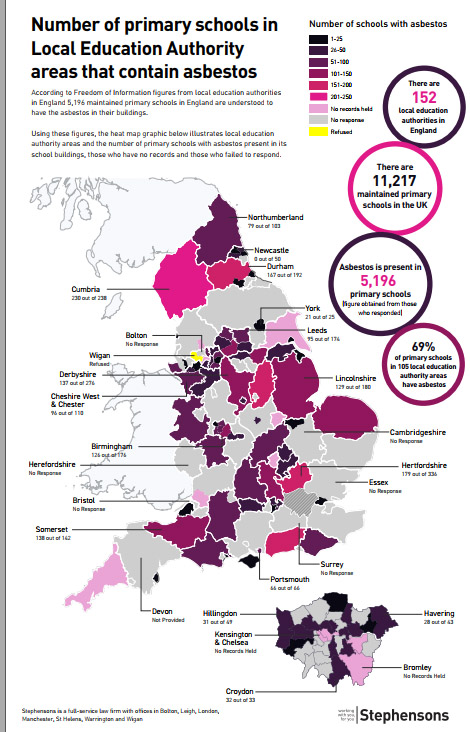 Mesthelioma is a cancer caused by breathing in asbestos dust and while asbestos is banned in the UK, it is still to be found in many homes, schools and offices.
Mesthelioma is a cancer caused by breathing in asbestos dust and while asbestos is banned in the UK, it is still to be found in many homes, schools and offices.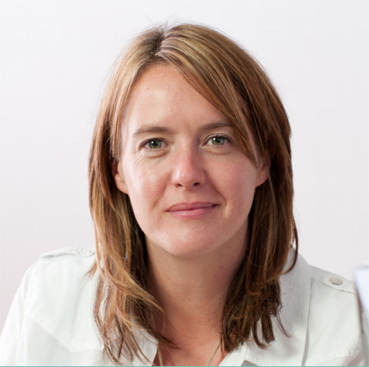 Today March 16th 2019 is Disabled Access Day.
Today March 16th 2019 is Disabled Access Day. Tania Marshall, Autism Ambassador at Education Placement Group, suggests how children with autism can be supported. ‘It is important to educate all pupils about autism and tolerance of difference. Students with autism could also be assigned a ‘neurotypical buddy’ who makes sure they are safe and supported. Friendship skill acquisition, from as young as possible, is crucial for pupils with autism to learn. The best basis for this is through commonly held interests with peers. ‘
Tania Marshall, Autism Ambassador at Education Placement Group, suggests how children with autism can be supported. ‘It is important to educate all pupils about autism and tolerance of difference. Students with autism could also be assigned a ‘neurotypical buddy’ who makes sure they are safe and supported. Friendship skill acquisition, from as young as possible, is crucial for pupils with autism to learn. The best basis for this is through commonly held interests with peers. ‘
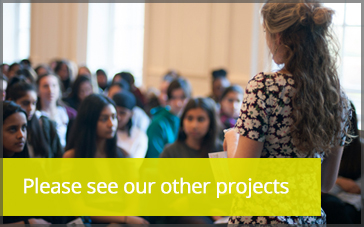 The mental health charity The Shaw Mind Foundation (SMF) and HealthUnlocked, a social network for health, have joined forces to promote HeaducationUK
The mental health charity The Shaw Mind Foundation (SMF) and HealthUnlocked, a social network for health, have joined forces to promote HeaducationUK The Education Show is a firm favourite with many teachers in the midlands and north of England and, sitting alongside Birmingham airport, it attracts staff from Ireland and Europe as well. It offers schools everything from pencils and stickers to high cost technology and is increasingly popular as a source of professional development. Those responsible for special needs will appreciate having time to catch up with the latest products and enjoy some first-rate free training in the Early Years and SEN Theatre.
The Education Show is a firm favourite with many teachers in the midlands and north of England and, sitting alongside Birmingham airport, it attracts staff from Ireland and Europe as well. It offers schools everything from pencils and stickers to high cost technology and is increasingly popular as a source of professional development. Those responsible for special needs will appreciate having time to catch up with the latest products and enjoy some first-rate free training in the Early Years and SEN Theatre. Glyndwr University, will be talking about Supporting Mental Health in Schools: Counselling Skills and Therapeutic Play Skills Training. (Thursday 16 March, at 3.10pm). It is not only children who struggle; Robert Whitelock, teacher of mathematics at Garforth Academy, claims that 1 in 4 school staff are likely to suffer from mental health issues. With increasing numbers of staff absent through stress it would be a good idea for senior leaders to attend Managing Mental Health – A Resilience Toolkit, at 10.40am Saturday 18th March.
Glyndwr University, will be talking about Supporting Mental Health in Schools: Counselling Skills and Therapeutic Play Skills Training. (Thursday 16 March, at 3.10pm). It is not only children who struggle; Robert Whitelock, teacher of mathematics at Garforth Academy, claims that 1 in 4 school staff are likely to suffer from mental health issues. With increasing numbers of staff absent through stress it would be a good idea for senior leaders to attend Managing Mental Health – A Resilience Toolkit, at 10.40am Saturday 18th March. lds, with more than 2.2 million weekly readers on stand N87
lds, with more than 2.2 million weekly readers on stand N87 The MahaDevi Centre offers 100 therapy sessions per week in the centre as well as treatment in schools, day centres, nurseries, hospitals and children hospices across London.
The MahaDevi Centre offers 100 therapy sessions per week in the centre as well as treatment in schools, day centres, nurseries, hospitals and children hospices across London.